

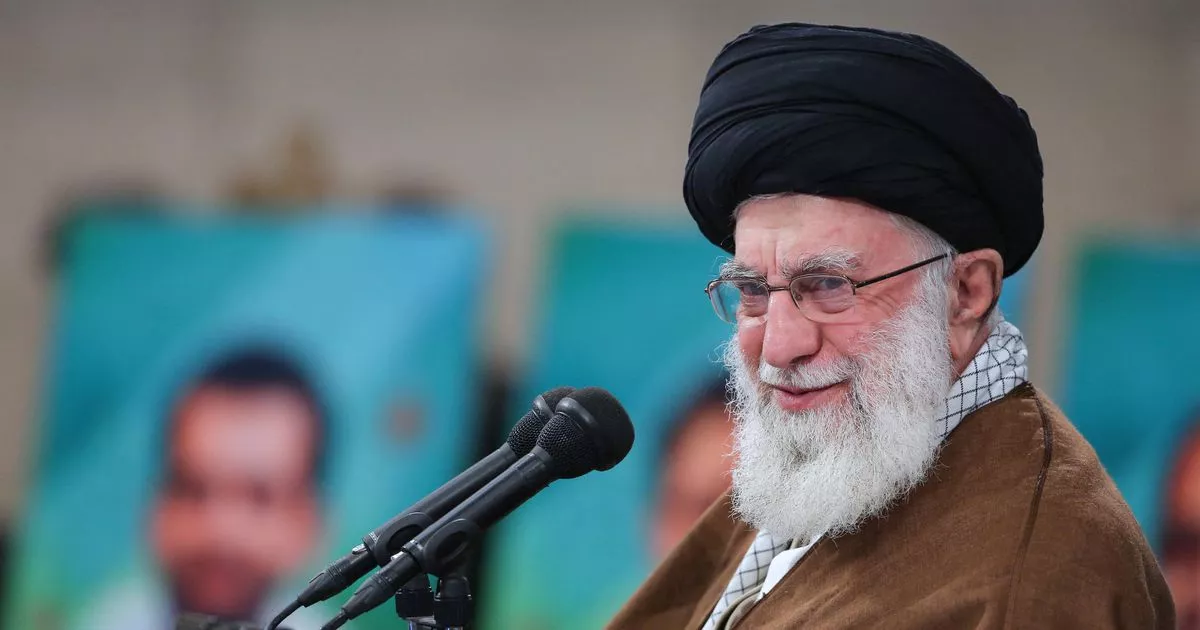
Iran International reveals that Mojtaba Khamenei has been secretly chosen as the successor to his ailing father and current supreme leader, Ali Khamenei. The decision was allegedly made under pressure and threats from Khamenei's representatives, causing controversy and uncertainty among Iran's Assembly of Experts. This succession could have major political implications for Iran and its relationship with neighboring countries, especially amid tensions with Israel.
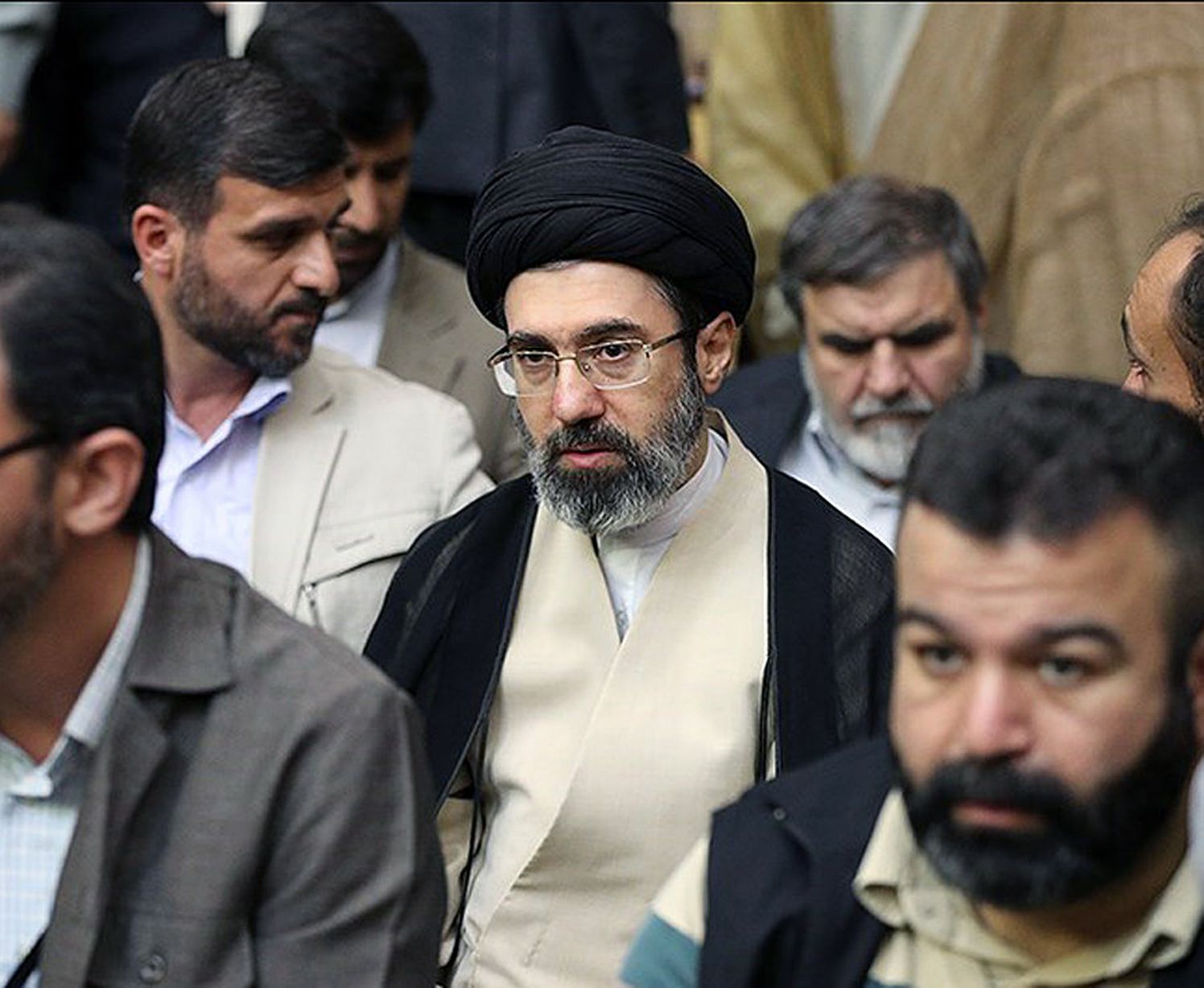
As Iran braces for a turbulent political future amid widespread protests and ongoing tensions with Israel, speculation is rising that Ayatollah Ali Khamenei's son, Mojtaba Khamenei, has been secretly chosen as the nation's next Supreme Leader. Amid reports of Khamenei's failing health, a recent secret meeting of Iran's Assembly of Experts allegedly resulted in the unanimous selection of Mojtaba as his successor. However, this succession comes with its own set of challenges as the political landscape in Iran has polarized and other influential figures who could serve as kingmakers have died, leaving the future of Iran's leadership uncertain.
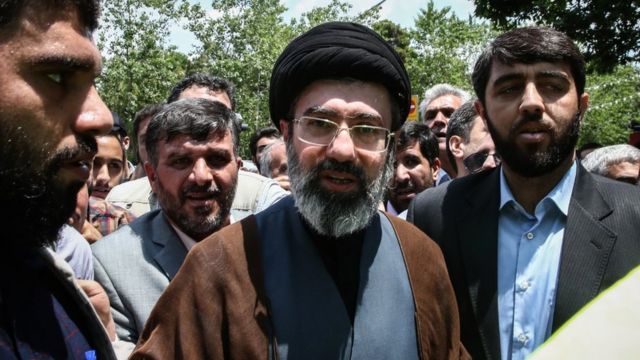
According to a report by Iran International, Iran's Assembly of Experts has secretly elected Supreme Leader Ali Khamenei's son, Mojtaba Khamenei, as his successor while the 85-year-old leader battles a serious illness. The selection was made on September 26 in a highly secretive meeting called by Khamenei without prior notice, indicating a potential power shift in Iran. Mojtaba has been groomed for leadership and is seen as Khamenei's most trusted and influential confidant, with sources saying the transition could happen during his father's lifetime to ensure a smooth handover of power.
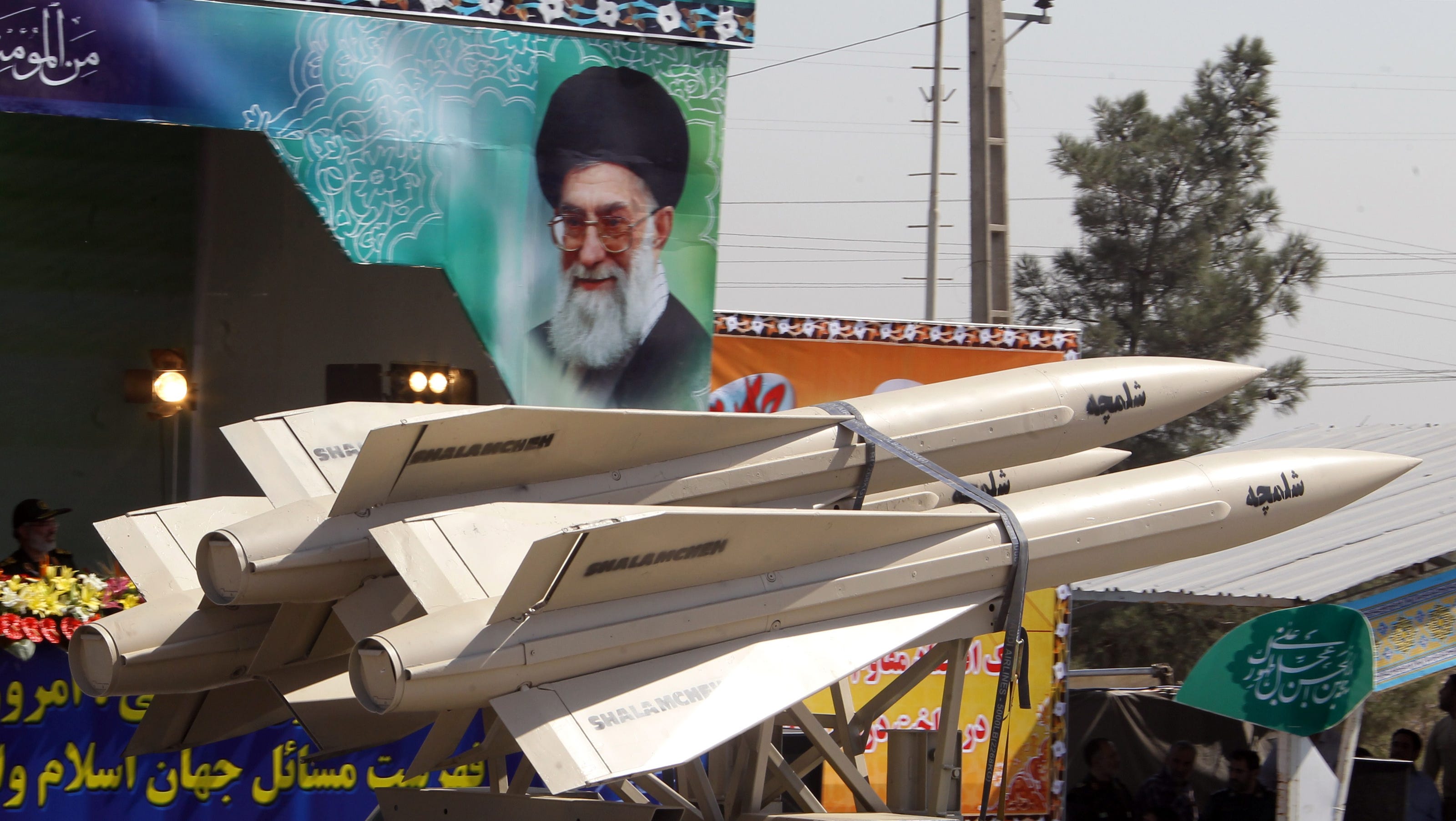
In response to Iran’s missile attack on Israel, Iranian President Masoud Pezeshkian issued a stern warning to Israeli Prime Minister Benjamin Netanyahu, declaring that Iran was not a belligerent but stood firmly against any threat. Iran’s Supreme Leader, Ali Khamenei, also spoke defiantly, suggesting that the attacks would intensify, while Israel’s Defense Forces (IDF) confirmed over 150 missiles launched by Iran and sent millions of Israelis into bomb shelters. As both sides prepare for further action, tensions remain high in the region.
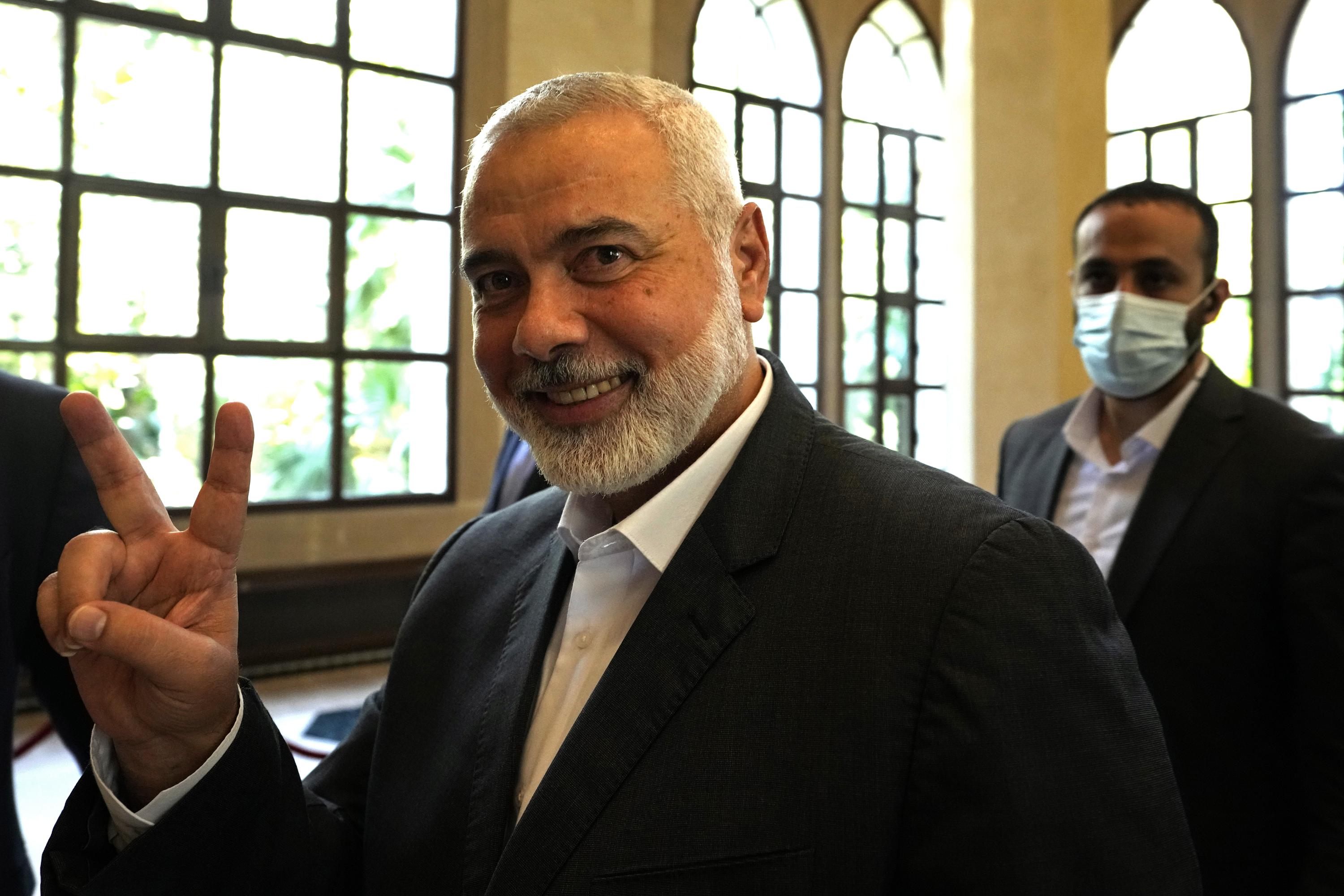
Iran's Supreme Leader Ali Khamenei reportedly orders a direct attack on Israel after the assassination of Hamas leader Ismail Haniyeh in Tehran. The attack, seen as one of Israel's biggest blows to Iran and its allies, marks a dangerous escalation in the ongoing Israel-Hamas war and raises the risk of a regional conflagration between Israel, Iran, and its proxies. The US has expressed concern about the potential for escalation but believes it is not imminent or inevitable. In Iran, Khamenei has declared three days of mourning for Haniyeh, a major figure in Hamas' international diplomacy.
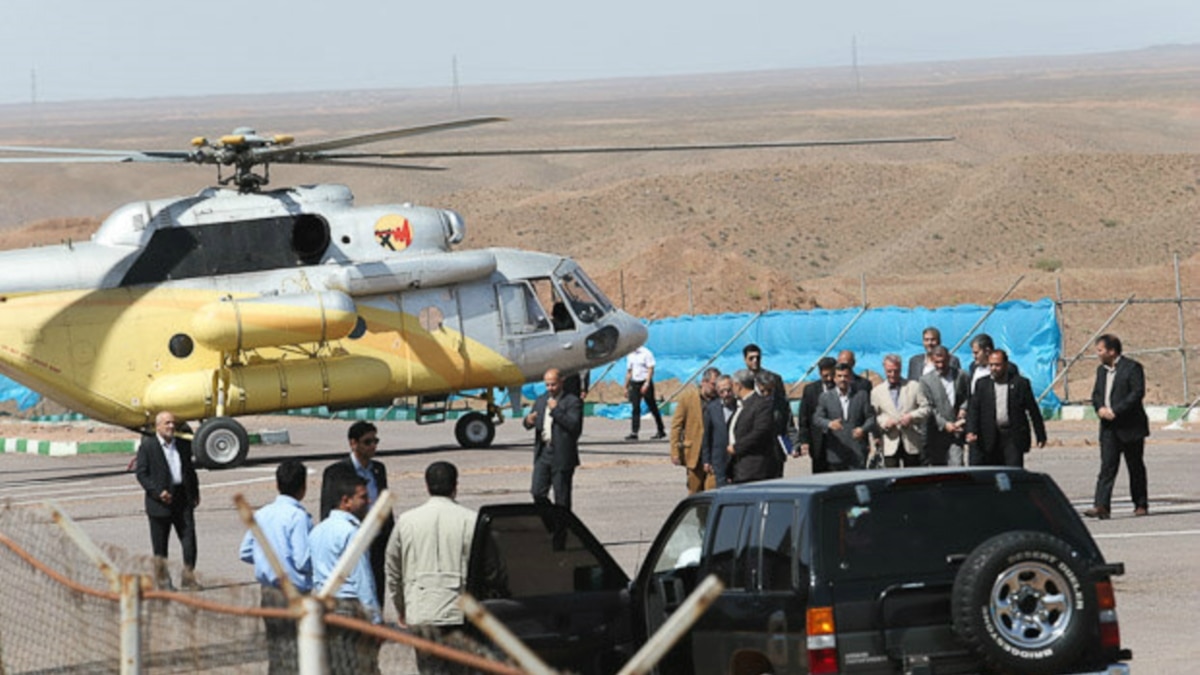
The Supreme Leader of Iran, Ayatollah Ali Khamenei, made a statement on Iranian television regarding the crash of a helicopter carrying President Ebrahim Raisi. The incident was reported by Sky News and Khamenei stated that there will be no disturbances in the country and people should not be worried. The helicopter was carrying not only President Raisi, but also other prominent figures, as reported by Iranian media.
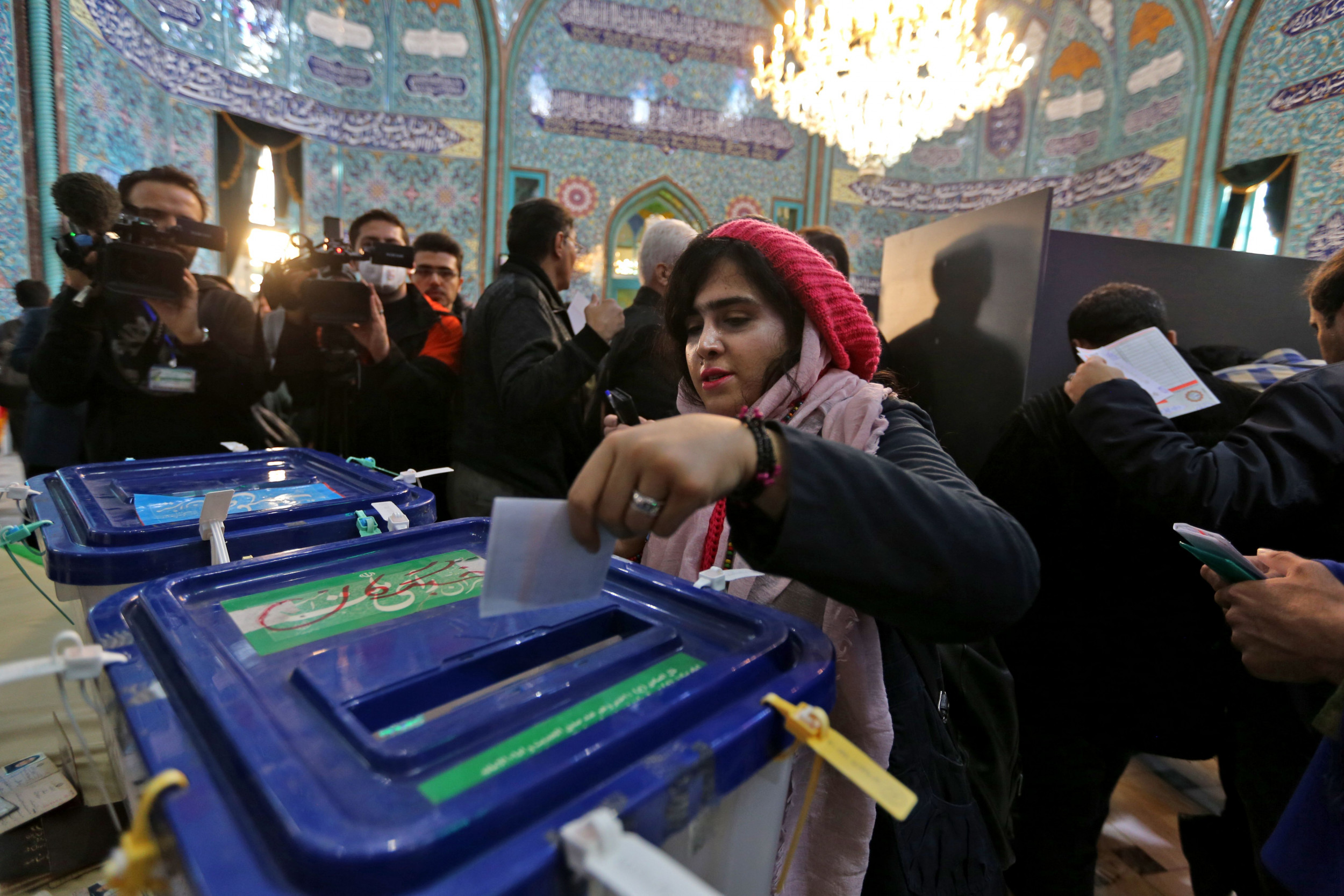
The world was shocked on Friday when Iranians defied the regime's calls to vote in the parliamentary and assembly elections, resulting in historic low turnout. This move was seen as a powerful display of defiance against the oppressive regime and its attempts to rig the election. Supreme Leader Ali Khamenei, who had been urging people to vote, was forced to address the issue and acknowledge the failure of the regime's tactics. This significant event only adds to the growing tension and dissatisfaction within Iran, as seen during the nationwide uprising in 2022.